Rehn, Solana in warning to Bosnia
The European Union must increase its power of intervention in Bosnia-Herzegovina to give new momentum to reforms that have all but halted, say EU officials.
Wednesday, 05.11.2008.
15:06

The European Union must increase its power of intervention in Bosnia-Herzegovina to give new momentum to reforms that have all but halted, say EU officials. According to a joint letter from EU Enlargement Commissioner Olli Rehn and Common Foreign and Security Policies Chief Javier Solana, the EU must increase its influence in Bosnia-Herzegovina so that the role of the International High Representative can be transferred to an EU special envoy. Rehn, Solana in warning to Bosnia The letter, seen by Beta, states that the Peace Implementation Council could decide to end the mandate of the international high representative to Bosnia-Hercegovina on November 19. The mandate of the future EU envoy in Bosnia-Herzegovina would have to “be strengthened and brought in line with the current requirements” and would “continue to have to be focused on political and security issues,” including the UN military and police missions in Bosnia-Herzegovina, “and the limited responsibilities stemming from the Dayton Peace Accords.” There is also the possibility of a new UN Security Council resolution, while “widespread international engagement” in Bosnia-Herzegovina must continue, “primarily in cooperation with the EU, not individually.” Constitutional reform is not a condition for closing the OHR, nor is the EU insisting on a special reform plan. The evolution towards a functional and effective state that is ready to meet Bosnia-Herzegovina’s obligations in EU integration is needed, the letter states. Solana and Rehn say that the current political leaders in Bosnia-Herzegovina will be responsible for keeping the country on the European path, and will receive both expert and financial help from the EU. The EU officials also state that Bosnia-Herzegovina, despite signing the Stabilization and Association Agreement with the EU, has seen a deterioration on its political scene and that there is no consensus on key reforms, adding that strong rhetoric and disputes between opposing politicians have slowed reform processes. “Even though the majority of the population supports future EU membership, their leaders are stuck in nationalistic logic and words from the past,” Solana and Rehn state. Elections will be held in Bosnia-Herzegovina in 2010, and unless there are key changes, reforms and progress on the road to the EU will be slowed by the campaigns, the letter warns. Solana and Rehn add that “international engagement is still necessary because there is no domestic force capable of confronting the current situation and encouraging the country’s leadership to substitute squabbles with genuine agreements for European reforms.”
Rehn, Solana in warning to Bosnia
The letter, seen by Beta, states that the Peace Implementation Council could decide to end the mandate of the international high representative to Bosnia-Hercegovina on November 19.The mandate of the future EU envoy in Bosnia-Herzegovina would have to “be strengthened and brought in line with the current requirements” and would “continue to have to be focused on political and security issues,” including the UN military and police missions in Bosnia-Herzegovina, “and the limited responsibilities stemming from the Dayton Peace Accords.”
There is also the possibility of a new UN Security Council resolution, while “widespread international engagement” in Bosnia-Herzegovina must continue, “primarily in cooperation with the EU, not individually.”
Constitutional reform is not a condition for closing the OHR, nor is the EU insisting on a special reform plan.
The evolution towards a functional and effective state that is ready to meet Bosnia-Herzegovina’s obligations in EU integration is needed, the letter states.
Solana and Rehn say that the current political leaders in Bosnia-Herzegovina will be responsible for keeping the country on the European path, and will receive both expert and financial help from the EU.
The EU officials also state that Bosnia-Herzegovina, despite signing the Stabilization and Association Agreement with the EU, has seen a deterioration on its political scene and that there is no consensus on key reforms, adding that strong rhetoric and disputes between opposing politicians have slowed reform processes.
“Even though the majority of the population supports future EU membership, their leaders are stuck in nationalistic logic and words from the past,” Solana and Rehn state.
Elections will be held in Bosnia-Herzegovina in 2010, and unless there are key changes, reforms and progress on the road to the EU will be slowed by the campaigns, the letter warns.
Solana and Rehn add that “international engagement is still necessary because there is no domestic force capable of confronting the current situation and encouraging the country’s leadership to substitute squabbles with genuine agreements for European reforms.”



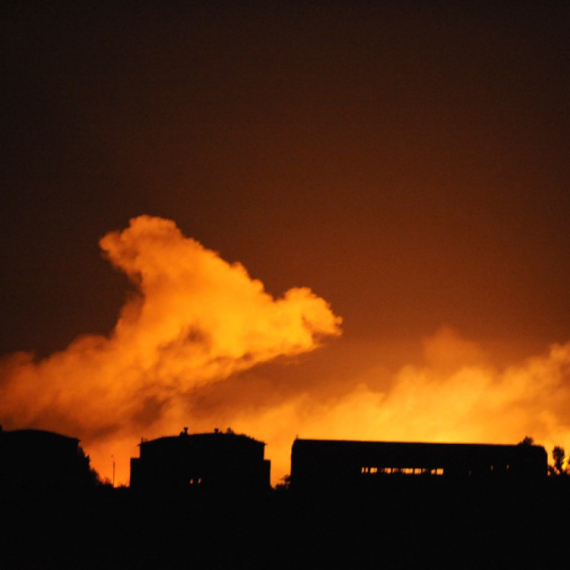

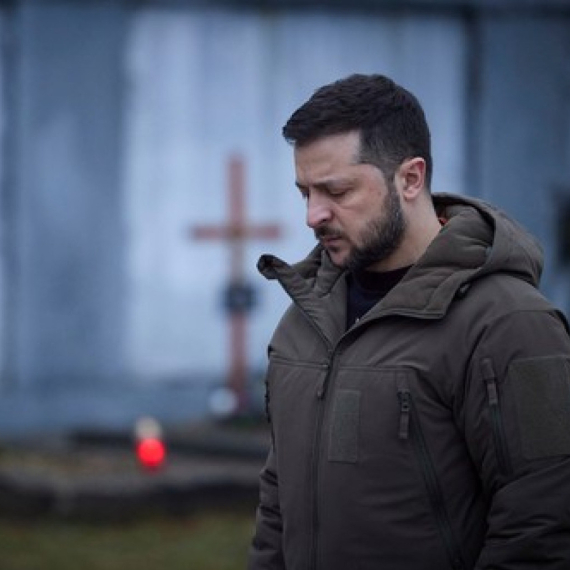




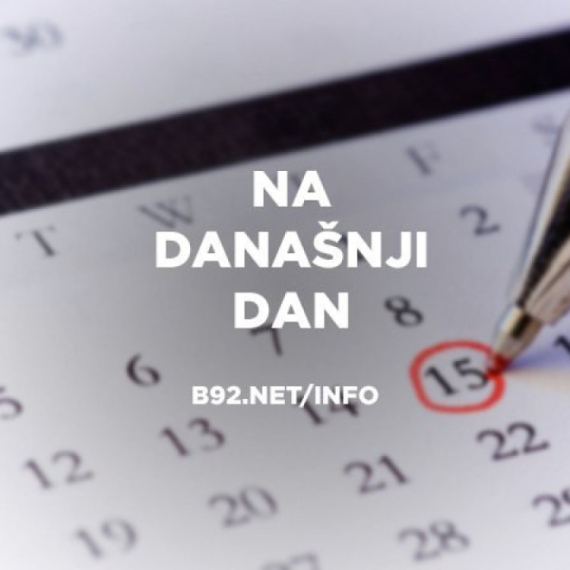


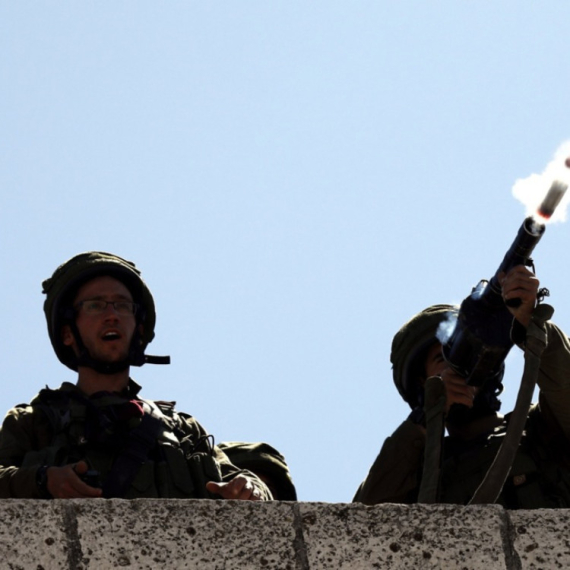
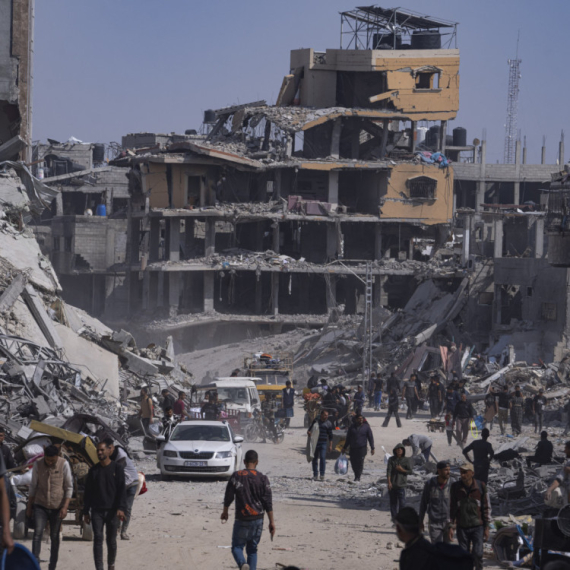



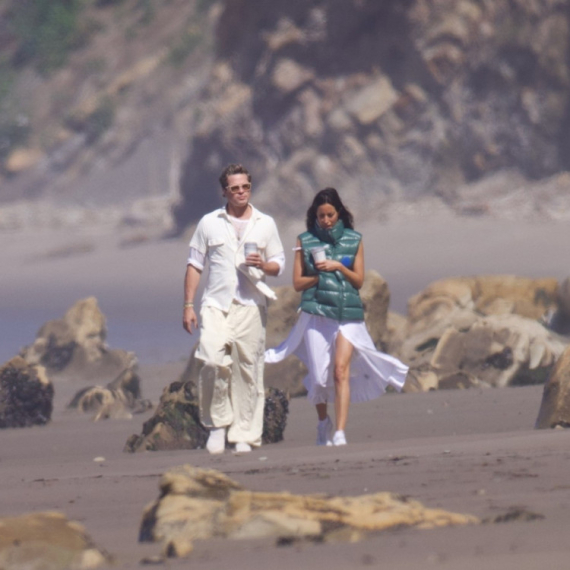
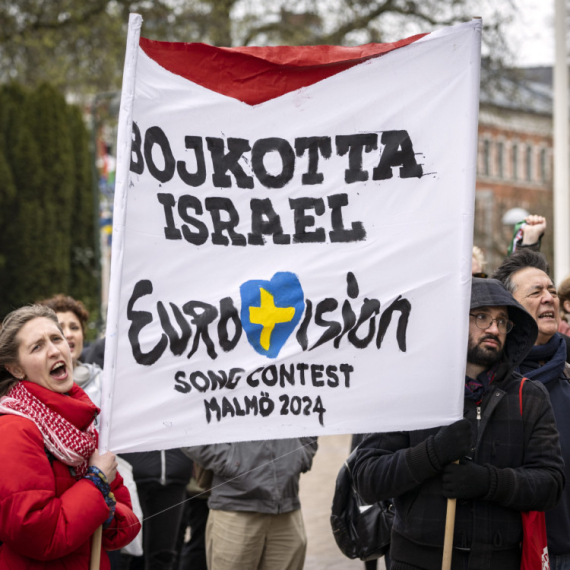

















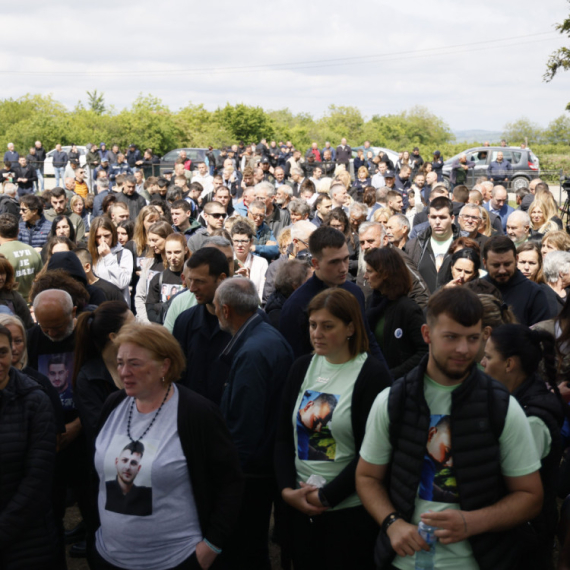
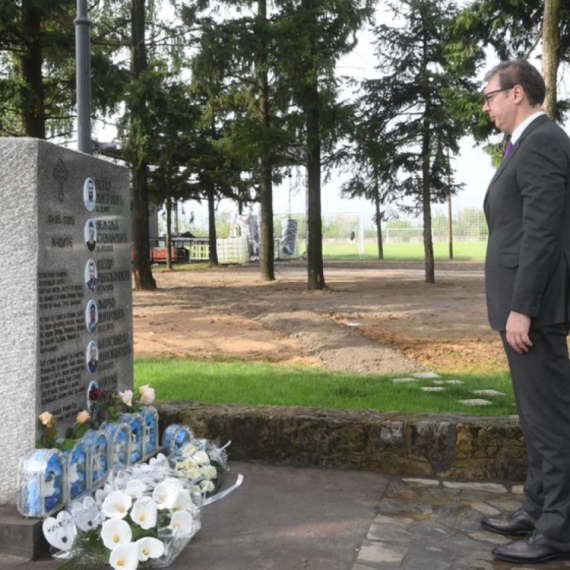

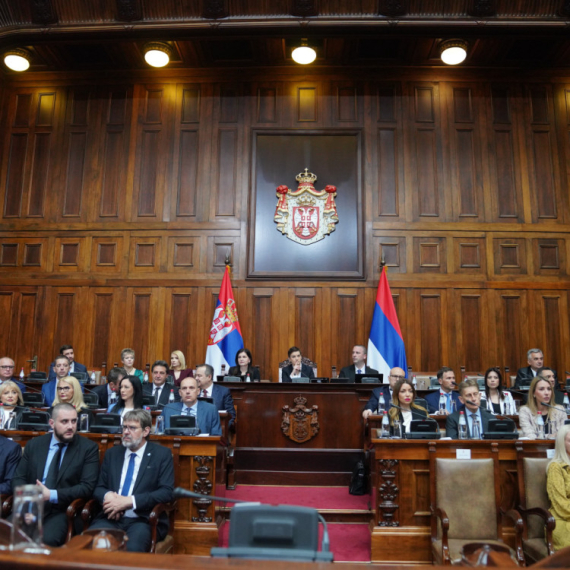












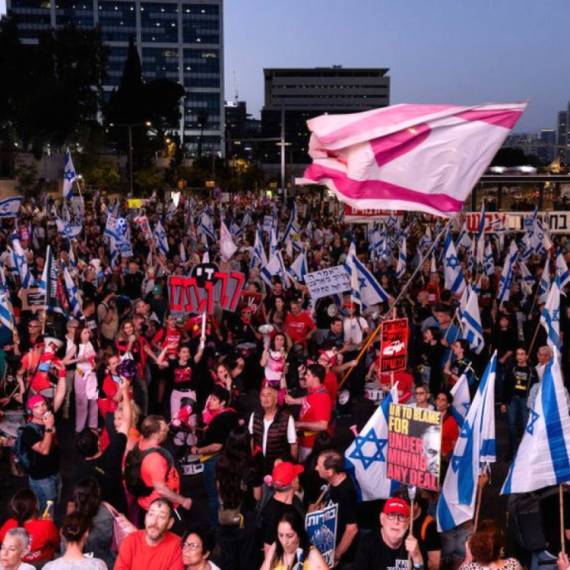
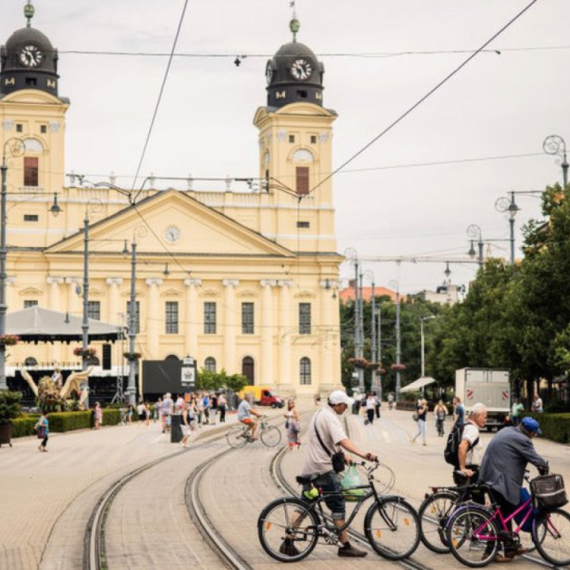
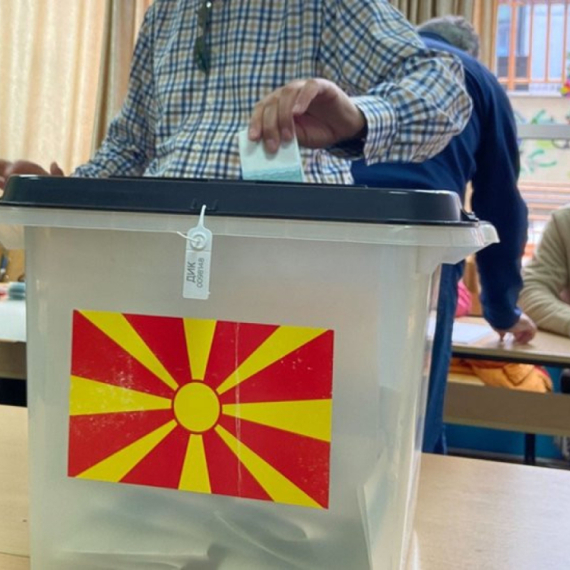

Komentari 2
Pogledaj komentare